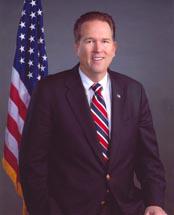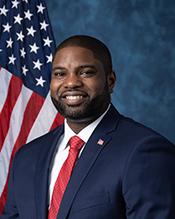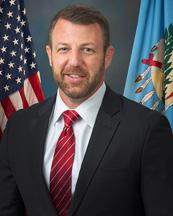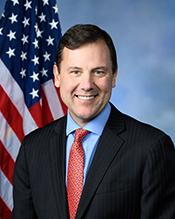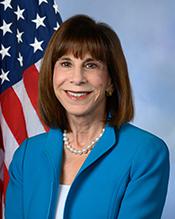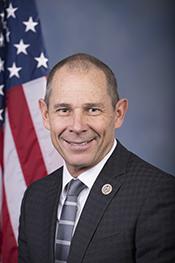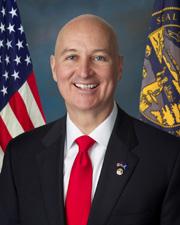H.R. 3750: Fostering Operational Readiness through Continuous Evaluation of Fitness with Integrated Technology Act
This bill, titled the **Fostering Operational Readiness through Continuous Evaluation of Fitness with Integrated Technology Act** (or **FORCE-FIT Act**), aims to implement a pilot program under the TRICARE health care program for members of the Armed Forces. The primary focus of this pilot program is to provide continuous glucose monitoring technology to certain military personnel to track their metabolic health in real time. Here are the key components of the bill:
1. Pilot Program Implementation
The bill directs the Secretary of Defense to establish a pilot program to assess how real-time tracking of metabolic health and early interventions can:
- Improve the health of military members.
- Enhance force readiness.
2. Participation Requirements
Participation in this pilot program is mandatory for members identified as being in categories that signify they are either partially medically ready or not medically ready according to the **Individual Medical Readiness program**.
3. Data Collection and Usage
The health information collected from participants can only be used for specific purposes, such as:
- Carrying out the pilot program.
- Providing healthcare to the enrolled members.
- Conducting the **Individual Medical Readiness program**.
Additionally, this information cannot be used for any adverse actions, such as discharging a service member from the Armed Forces. Non-governmental entities that provide technology or services under this pilot program must not retain health information after the authorized use is completed.
4. Provision of Information and Services
The Secretary of Defense is required to provide participating members with:
- Information about metabolic health awareness.
- Education and services aimed at improving force readiness.
5. Training for Medical Professionals
The bill mandates that medical professionals in military departments receive in-person training on the pilot program's procedures. Shared educational resources and training materials for all military departments must also be developed.
6. Program Duration
The pilot program is intended to run for a duration of five years.
7. Reporting Requirements
The bill stipulates that the **Comptroller General** and the Secretary of Defense must submit several reports regarding the pilot program:
- Initial Report: Within three years of the program's start, a report comparing the medical readiness rates of participants before and during the program, along with recommendations for improvements.
- Final Report: Within five years, a comprehensive assessment of the program’s effectiveness and recommendations for its future.
8. Definitions
The bill defines a **covered member** as a service member on active duty who meets specific health criteria, including:
- Diagnosis of prediabetes.
- Diagnosis of type 2 diabetes without insulin treatment.
- History of gestational diabetes.
- Individuals classified as overweight or obese.
It also references terms such as the **Individual Medical Readiness program** and the **TRICARE program** as established in previous legal frameworks.
Relevant Companies
- MDGL (Madrigal Pharmaceuticals, Inc.): As a company involved in metabolic health research, this bill's focus on glucose monitoring may influence its product development and market opportunities.
- ABT (Abbott Laboratories): Abbott produces continuous glucose monitoring systems and could see increased demand from military contracts following the bill's implementation.
- VRTX (Vertex Pharmaceuticals Incorporated): As a biopharmaceutical company with an interest in diabetes treatments, any focus on monitoring may indirectly impact its research and development trajectories.
This is an AI-generated summary of the bill text. There may be mistakes.
Sponsors
1 sponsor
Actions
2 actions
| Date | Action |
|---|---|
| Jun. 05, 2025 | Introduced in House |
| Jun. 05, 2025 | Referred to the House Committee on Armed Services. |
Corporate Lobbying
0 companies lobbying
None found.
* Note that there can be significant delays in lobbying disclosures, and our data may be incomplete.
